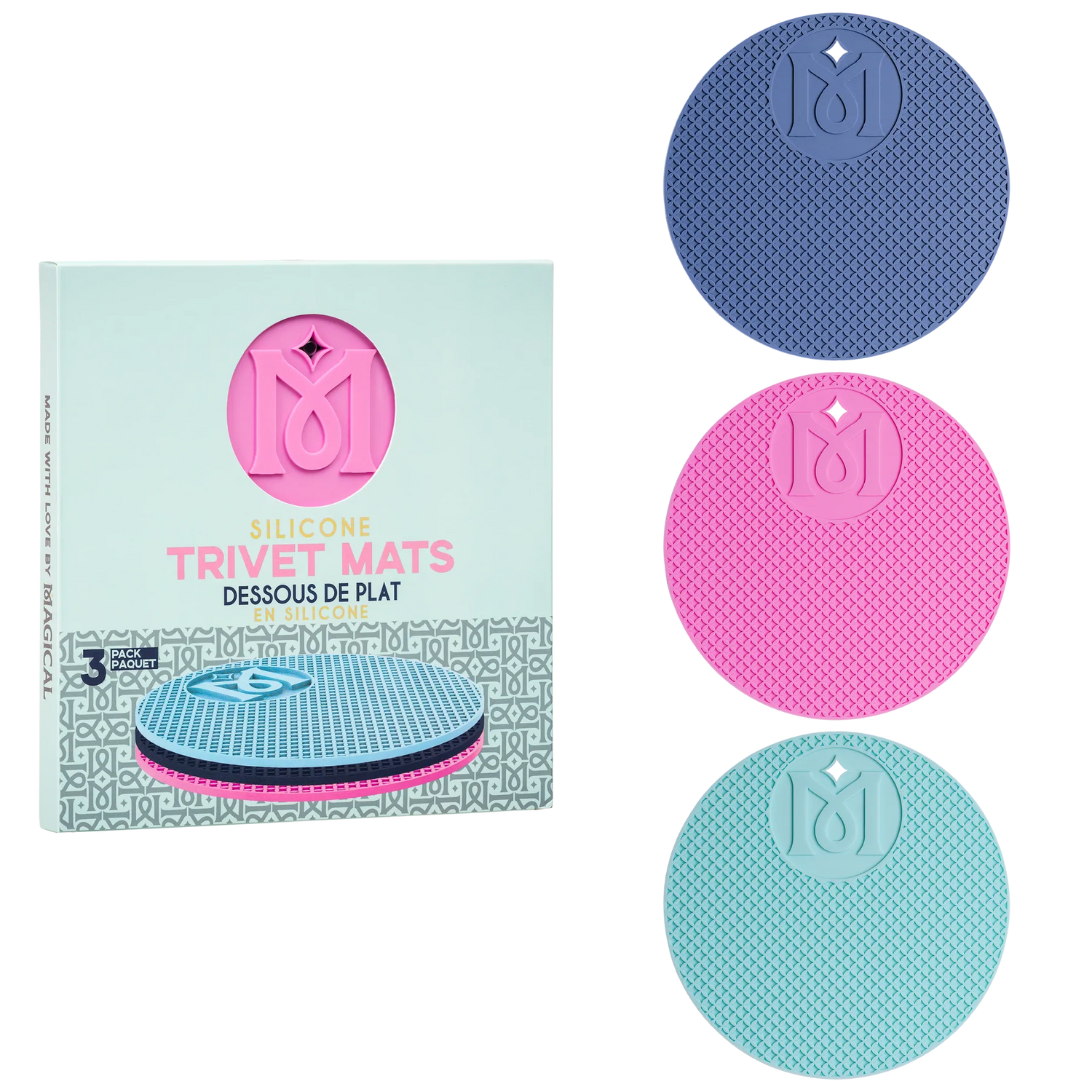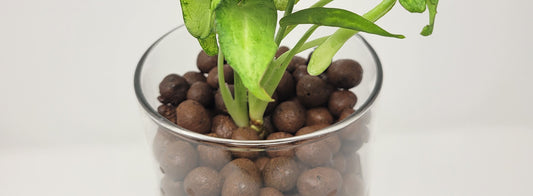Amending your garden soil or containers can be extremely helpful when trying to grow a successful vegetable garden. The goal in amending is to change garden soil into dirt by using organic matter. Soil is the ground made by nature, unchanged by man. Once the soil is changed or disturbed by man it is consiedered to be dirt. Good dirt can have up to 50% organic matter which will assure the best growing environment for plants. Amendments can be used for many different reasons, mainly: improve the texture and/or structure of the soil, increase beneficial organisms, suppress harmful microbes, add nutrient/mineral content, adjust pH, increase aeration and drainage, improve cation exchange, increase water holding capability and nutrient holding capacity.

There are many types of ingredients that can be used to amend garden soil. Some common items are compost (aged organic material), Ramial wood (broken down small twigs, bark), peat, worm castings and aged manure. Wood chips and sawdust made of tree trunks and branches can steal nitrogen from plants roots and are best used as mulch. Organic material that can be put into compost are twigs, leaves, hay, grass clippings, kitchen scraps, yard trimmings, and uprooted weeds to name a few. Organic material that contains a diversity of microbe populations is essential. Once these items breakdown they will become organic matter and will be dark and smell like fertile earth. Using compost as a garden amendment is a great choice. But, it isn't advised to plant in 100% compost. Once you amend your soil and turn it into dirt your ideal ratio should be 33% sand/silt, 33% clay, and 33% compost.

Vegetables can survive in ground containing a minimum of 1% of organic matter. But, 5% organic matter makes the dirt fertile while 10% or more makes the dirt very fertile and great for growing vegetables for human consumption.





